EECS16A, Designing Information Devices and Systems I
Spring 2022
Scheduling Updates
Schedule
Lecture videos can be found in the bcourses media gallery
(Please scroll horizontally if you're viewing this on your phone.)
| Week | Date | Lecture Topic | Section | Lab | Homework |
|---|---|---|---|---|---|
|
0
|
01/18 Tu |
Introduction to Imaging
Slides (Note 0) |
No Section |
No Lab
|
Homework 00 (Due 01/21 Fr) Prob PDF Self Grade |
| 01/20 Th |
Tomography and Linear Equations
Slides (Note 1A) |
Section 0B (Wed)
No Section |
|||
|
1
|
01/25 Tu |
Gaussian Elimination, Vectors
Slides (Note 1A) (Note 1B) |
Section 1A (Mon)
Anusha's Recording Anvitha's Recording Prob PDF |
Python Bootcamp
|
Homework 01 (Due 01/28 Fr) Prob PDF Self Grade Practice Sets Practice Set 0 Practice Set 0 Notes Practice Set 0 Solutions Practice Set 1 Practice Set 1 Notes Practice Set 1 Solutions |
| 01/27 Th |
Vectors, Matrices, Multiplications, And Span
Slides (Note 2A) (Note 2B) |
Section 1B (Wed)
Anusha's Recording Anvitha's Recording (Passcode: 0ZF@.qxk) Discussion Checkoff Form Prob PDF |
|||
|
2
|
02/01 Tu |
Span, Proofs, Linear (in)dependence
Slides (Note 3) (Note 4) |
Section 2A (Mon)
Prob PDF |
No Lab
|
Homework 02 (Due 02/04 Fr) Prob PDF iPython .zip Prob Datahub Link Self Grade Practice Sets Practice Set 2 Practice Set 2 Notes Practice Set 2 Solutions |
| 02/03 Th |
Intro to Circuits
Slides (Note 11A) |
Section 2B (Wed)
Prob PDF |
|||
|
3
Quest, Feb 8 Solutions |
02/08 Tu |
Matrix xForms
Slides (Note 3) (Note 4) |
Section 3A (Mon)
Prob PDF |
Imaging I
|
Homework 03 (Due 02/11 Fr) Prob PDF Self Grade Practice Sets Practice Set 3 Practice Set 3 Notes Practice Set 3 Solutions |
| 02/10 Th |
State Transition Systems and Inversion
Slides (Note 5) (Note 6) |
Section 3B (Wed)
Prob PDF iPython Datahub Link |
|||
|
4
|
02/15 Tu |
Vector Spaces: Null Spaces and Columnspaces
Slides (Note 7) |
Section 4A (Mon)
Prob PDF |
Imaging II
|
Homework 04 (Due 02/18 Fr) Prob PDF iPython .zip Prob Datahub Link Self Grade Practice Sets Practice Set 4 Practice Set 4 Notes Practice Set 4 Solutions |
| 02/17 Th |
Page Rank, Eigenvalues and Eigenspaces
Slides (Note 8) (Note 9) |
Section 4B (Wed)
Prob PDF |
|||
|
5
|
02/22 Tu |
More Eigenvalues and Eigenspaces
Slides (Note 9) |
Section 5A (Mon)
No Section |
Imaging III
|
Homework 05 (Due 02/25 Fr) Prob PDF Self Grade Practice Sets Practice Set 5 Practice Set 5 Notes Practice Set 5 Solutions |
| 02/24 Th |
Intro to Circuit Analysis
Slides (Note 11A) (Note 11B) |
Section 5B (Wed)
Prob PDF |
|||
|
6
Midterm 1, Mar 1 Exam PDF Solutions |
03/01 Tu |
Voltage Dividers, Power, and Voltage/Current Measurement
Slides (Note 11B) |
Section 6A (Mon)
Prob PDF |
Buffer (Imaging I/II/III)
|
Homework 06 (Due 03/04 Fr) Prob PDF iPython .zip Prob Datahub Link Self Grade |
| 03/03 Th |
Resistive Touch Screen
Slides (Note 12) |
Section 6B (Wed)
Prob PDF |
|||
|
7
|
03/08 Tu |
2D Resistive Touchscreen
Slides (Note 13) |
Section 7A (Mon)
Prob PDF |
Touch I
|
Homework 07 (Due 03/11 Fr) Prob PDF Self Grade Practice Sets Practice Set 7 Practice Set 7 Notes Practice Set 7 Solutions |
| 03/10 Th |
Superposition and Equivalence
Slides (Note 14) |
Section 7B (Wed)
Prob PDF |
|||
|
8
|
03/15 Tu |
Capacitors
Slides (Note 15) |
Section 8A (Mon)
Prob PDF |
Touch II
|
Homework 08 (Due 03/18 Fr) Prob PDF Self Grade Practice Sets Practice Set 8 Practice Set 8 Notes Practice Set 8 Solutions |
| 03/17 Th |
Capacitors and Capacitive Touchscreen
Slides (Note 16) |
Section 8B (Wed)
Prob PDF |
|||
|
9
|
03/29 Tu |
Operational Amplifier and Comparator
Slides (Note 17) |
Section 9A (Mon)
Prob PDF |
Touch III-A
|
Homework 09 (Due 04/01 Fr) Prob PDF Self Grade Practice Sets Practice Set 9 Practice Set 9 Notes Practice Set 9 Solutions |
| 03/31 Th |
Op-Amps and Negative Feedback
Slides (Note 17) (Note 17B) |
Section 9B (Wed)
Prob PDF |
|||
|
10
|
04/05 Tu |
Op-amp Circuit Analysis
Slides (Note 18) |
Section 10A (Mon)
Prob PDF |
Touch III-B
|
Homework 10 (Due 04/08 Fr) Prob PDF Self Grade |
| 04/07 Th |
Circuit Design Examples
Slides (Note 19) |
Section 10B (Wed)
Prob PDF |
|||
|
11
Midterm 2, Apr 11 Exam PDF Solutions |
04/12 Tu |
Introduction to GPS
Slides (Note 20) |
Section 11A (Mon)
Prob PDF |
Buffer (Touch I/II/III)
|
Homework 11 (Due 04/15 Fr) Prob PDF Self Grade Practice Sets Practice Set 10 Practice Set 10 Notes Practice Set 10 Solutions |
| 04/14 Th |
Correlation and Classification
Slides (Note 21) |
Section 11B (Wed)
Prob PDF |
|||
|
12
|
04/19 Tu |
Trilateration and Projections
Slides (Note 22) |
Section 12A (Mon)
Prob PDF |
MT2 Lab Component
|
Homework 12 (Due 04/23 Sa) Prob PDF Self Grade |
| 04/21 Th |
Least Squares Algorithm
Slides (Note 22) (Note 23) |
Section 12B (Wed)
Prob PDF |
|||
|
13
|
04/26 Tu |
More Least Squares
Slides (Note 23) |
Section 13A (Mon)
Prob PDF |
APS
|
Homework 13 (Due 04/29 Fr) Prob PDF iPython .zip Prob Datahub Link Self Grade Practice Sets Practice Set 11 Practice Set 11 Notes Practice Set 11 Solutions |
| 04/28 Th |
Machine Learning Techniques
Slides (Note 23) |
Section 13B (Wed)
Prob PDF iPython Datahub Link |
|||
|
14
|
05/03 Mo | RRR Week (No Lecture) |
Section 14A (Mon)
No Section |
Buffer (APS)
|
|
| 05/05 Th | RRR Week (No Lecture) |
Section 14B (Wed)
No Section |
Notes
Grey notes are *still relevant material* for the course! They simply have not yet been covered in lecture. Blue notes have been covered in lecture. Notes with an [updated] tag to their left have been changed since last semester's iteration. Be aware that the un-updated notes are subject to change.- Note 0 - Introduction
- Note 1A - Systems of Linear Equations
- Note 1B - Gaussian Elimination
- Note 2A - Matrices and Vectors
- Note 2B - Matrix Multiplication
- Note 3 - Linear Independence and Span
- Note 4 - Mathematical Thinking and Derivation
- Note 5 - Water Reservoirs, Pumps and Matrix Multiplication
- Note 6 - Matrix Inversion
- Note 7 - Vector Spaces
- Note 8 - Matrix Subspaces
- Note 9 - Eigenvalues and Eigenvectors
- Note 10 - Change of Basis (NOT IN SCOPE)
- Note 11A - Introduction to Electrical Circuit Analysis
- Note 11B - Node Voltage Analysis (NVA)
- Note 12 - Voltage Dividers and Resistors
- Note 13 - Resistive Touchscreen and Power
- Note 14 - More Resistive Touchscreen
- Note 15 - Superposition and Equivalence
- Note 16 - Capacitors
- Note 17 - Capacitive Touchscreens and Comparators
- Note 17B - Charge Sharing
- Note 18 - Op-Amps in Negative Feedback
- Note 19 - More Op-Amp Topologies
- Note 20 - Op-Amp Current Source and Circuit Design
- Note 21 - Inner Products and GPS
- Note 22 - Trilateration and Correlation
- Note 23 - Least Squares
- Note 24 - Orthogonal Matching Pursuit (NOT IN SCOPE)
- Note 25 - More Trilateration
Calendars
Homework party is held in the Wozniak Lounge and office hours are held in Cory 144MA.
If nothing shows up below, or you get a message indicating some kind of refused connection from Google, please ensure that you're signed into your berkeley.edu email address (Google account). If that still doesn't work, try a different browser, or perhaps incognito mode (which will force you to re-log into your berkeley.edu Google account.)
Discussion Schedule
Monday and Wednesday discussion sections cover different material, and you are very strongly encouraged to go to a discussion both days.
| Discussion Schedule | ||||
| Time (Mon/Wed) | Section | |||
| 9am-10am | Rebekah (Wheeler 204) [CS Scholars] | |||
| 10am-11am | Anusha (Anth & Art Practice 155) | |||
| 11am-12pm | Dahlia (Hearst 310) | |||
| 12pm-1pm |
Mohsin (Etcheverry 3111) Jasmine (Cory 540AB) |
|||
| 1pm-2pm | Viraj (Wheeler 20) | |||
| 2pm-3pm |
Yasho (Etcheverry 3113) Austin (Hearst Annex B5) |
|||
| 3pm-4pm |
Ekin (Etcheverry 3109) |
|||
| 4pm-5pm | Austin (Dwinelle 88) | |||
| 5pm-6pm |
Anvitha (Mulford 240) Dixun (Wurster 101) |
|||
Resources
Piazza (Ask Questions Here)
Homework Practice Problems
Textbook: Condensed Note Content Summaries and Practice Problem Solutions
This book consists of condensed sets of notes that summarize the important material from the course notes, as well as detailed solutions for the online Practice Problems! Here's the entire book and the Table of Contents. Individual chapters of the book (notes and solutions by practice set) can be found here (the links aren't perfect, you may need to scroll a tiny bit down for some chapters). A couple brief comments on using this resource:
- I recommend skimming the Introductory Chapter and the Conventions Chapter. These will provide some useful tips to keep in mind.
- Each chapter has a Relevant Information section and a Problems section. The first contains a (generally complete) summary of the corresponding content from the notes. The second contains the detailed solutions mentioned above.
- This is a new resource, and may well have errors or areas to improve in; if you spot something wrong and would like to mention it, or have feedback of any kind, please submit a feedback ticket.
Technology Needs (STEP)
Student Technology Equity Program (STEP). STEP provides laptops and other technologies for free and is for undergraduate, graduate, and professional students. It requires just a simple online application form. For details, see here.
Recommended Texts
- EE16A's Guide to the Recommended Texts
- ELECTRONICS Reader (50MB) by Ali M. Niknejad, or the smaller file without links (5MB)
- Intoduction to Linear Algebra by Gilbert Strang, 5th Ed.
- Schaum's Outlines of Linear Algebra, 5th ed. by Seymour Lipschutz and Marc Lipson. Free if login from the university network. Also see roaming passports.
- Schaum's Outline of Electric Circuits, 7th ed. by Mahmood Nahvi and Joseph A. Edminister. (instructions to login to the university network from home here )
Circuit Cookbooks
- Recipe: Nodal Analysis!
- Recipe: Charge Sharing!
- Charge-Sharing Algorithm (Sp20)
- Recipe: Thevenin and Norton Equivalents! (INCOMPLETE)
- Recipe: Design Topologies!
Extra Resources
- Step-By-Step Gaussian Elimination by Andi Gu, a former student. Has at least one very minor bug regarding labeling of row operations.
- studEE16A (may need to load each page twice to view the LaTeX)
- Fun with Stacked Caps
- EECS16A Lab Equipment Guide
- Review of Past Proofs
- Fall 2020 Discussion Checkoffs: Questions and Answers
Setting up How-To's
Past Exams
Past exams vary in scope from semester to semester, and may include topics that are not in scope for the current semester or module. Unavailable exams are indicated by N/A. In-scope topics for the current semester will be posted on Piazza about a week before the corresponding exam.| Semester | Midterm 1 | Midterm 2 | Final |
|---|---|---|---|
| fa21 | pdf, sol | pdf, sol | pdf, sol |
| sp21 | pdf, sol | pdf, sol | pdf, sol |
| fa20 | pdf, sol | pdf, sol | pdf, sol |
| su20 | pdf, sol | pdf, sol | pdf, sol |
| sp20 | pdf, sol | pdf, sol | pdf, sol |
| fa19 | pdf, sol | pdf, sol | pdf, sol |
| sp19 | pdf, sol | pdf, sol | pdf, sol |
| fa18 | pdf, sol | pdf, sol | pdf, sol |
| sp18 | pdf, sol | pdf, sol | pdf, sol |
| fa17 | pdf, sol | pdf, sol | pdf, sol |
| su17 | pdf, sol | pdf, sol | N/A |
| sp17 | pdf, sol | pdf, sol | N/A |
| fa16 | pdf, sol | pdf, sol | pdf, sol |
| sp16 | pdf, sol | pdf, sol | pdf, sol |
| fa15 | pdf, sol | pdf, sol | pdf, sol |
| sp15 | pdf, sol | pdf, sol | pdf, sol |
Simulations and Demos
This is a running list of simulations and demos that have been created in recent semesters (in rough order of appearance).Practice Sets: Links to Notes and Solutions
It is very strongly recommend that you try the problems themselves here before looking at the solutions below. The links for solutions are not perfect, so you may need to scroll to the bottom of the linked page to find them. Give feedback here.
Course Staff
Please add berkeley.edu to the end of all emails!Instructor
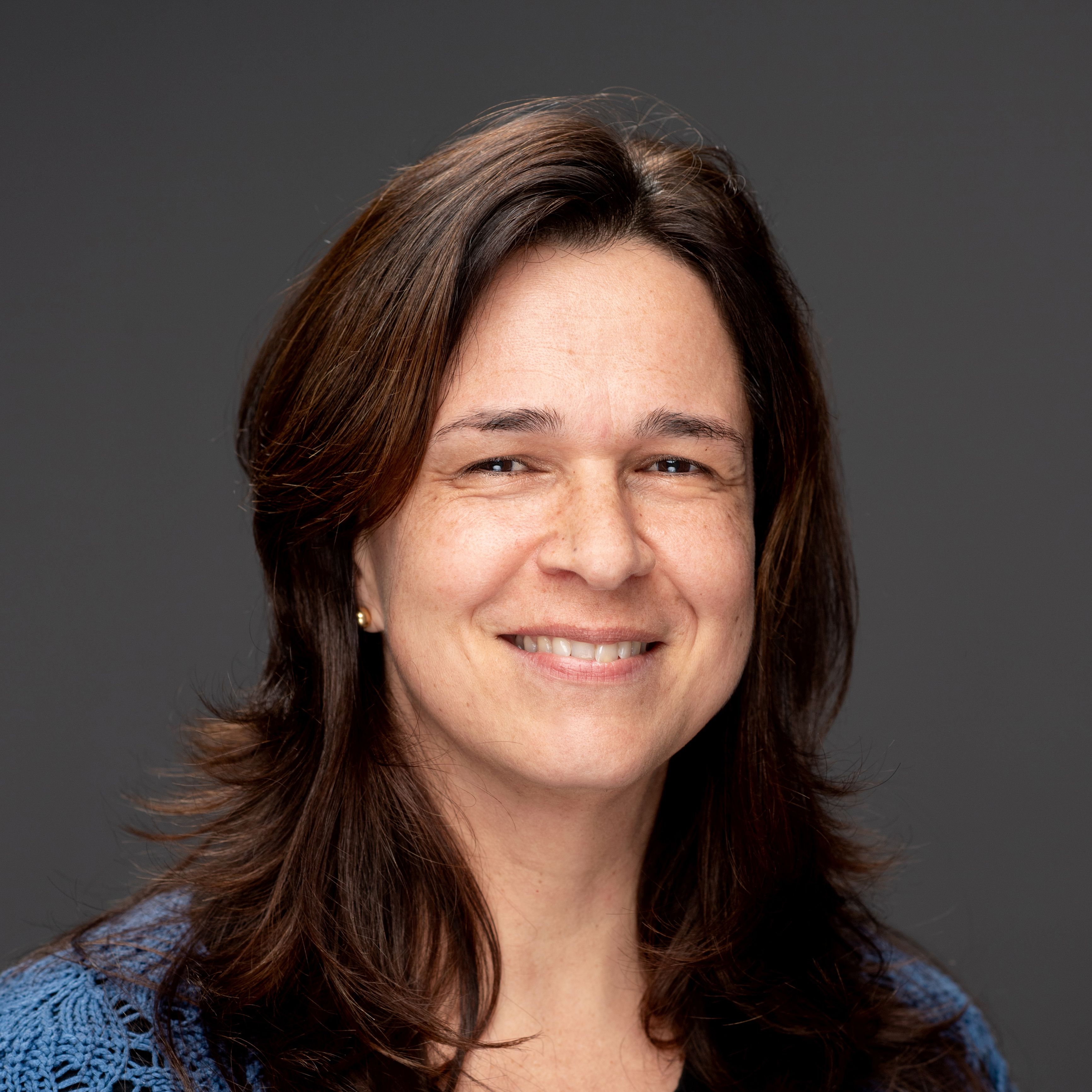
Dr. Ana Claudia Arias is a Professor at the Electrical Engineering and Computer Sciences Department at the University of California in Berkeley and a faculty director at the Berkeley Wireless Research Center (BWRC). Prior to joining the University of California she was the Manager of the Printed Electronic Devices Area and a Member of Research Staff at PARC, a Xerox Company, Palo Alto, CA. She went to PARC from Plastic Logic in Cambridge, UK where she led the semiconductor group. She received her PhD in Physics from the University of Cambridge, UK. Prior to that, she received her master and bachelor degrees in Physics from the Federal University of Paraná in Curitiba, Brazil. Her research focuses on devices based on solution processed materials and application development for flexible sensors and electronic systems. Dr. Arias is a co-founder of InkSpace Imaging, a startup company that aims to commercialized flexible MRI coils for pediatric patients.
she/her/hers
acarias@
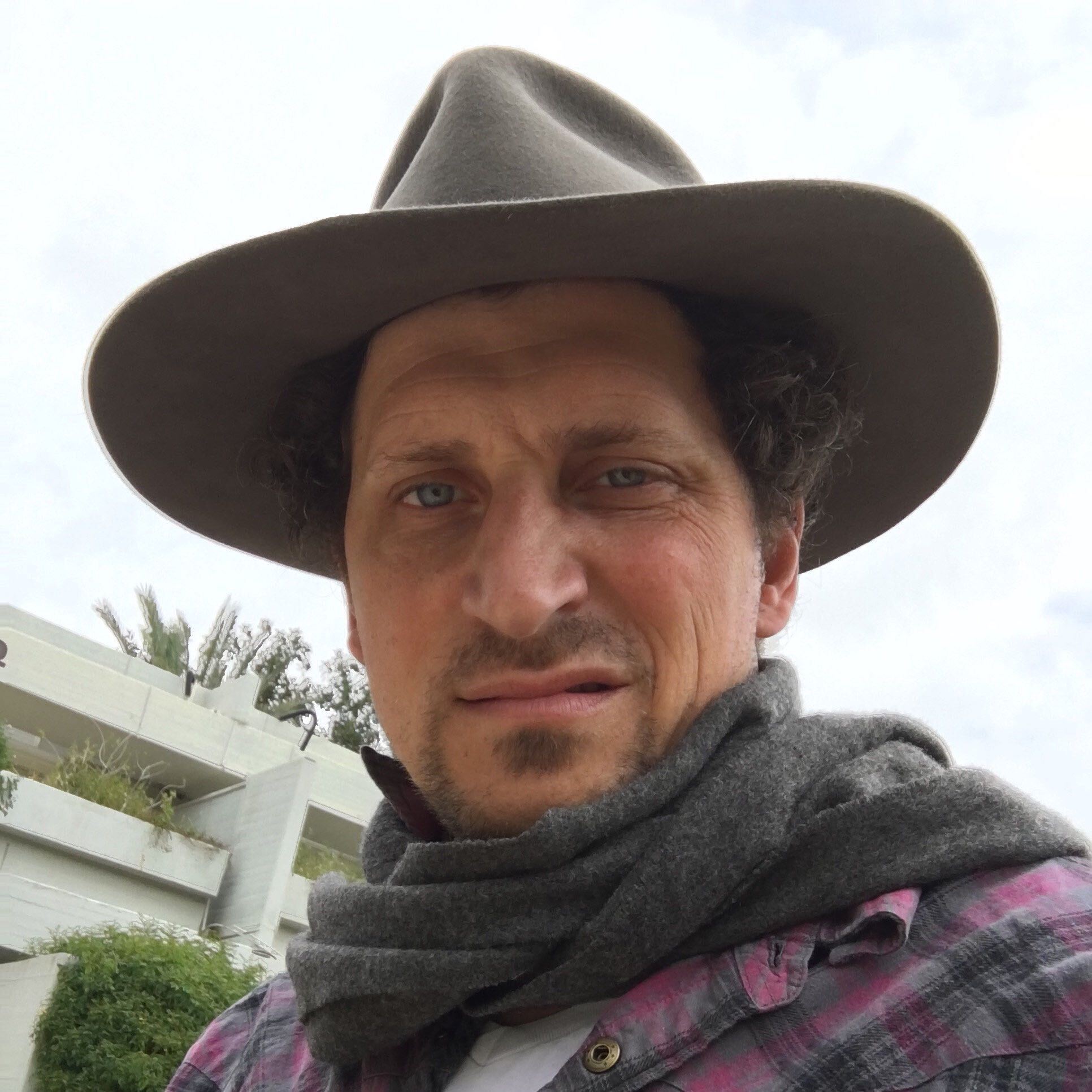
Michael (Miki) Lustig is a Professor in EECS. He joined the faculty of the EECS Department at UC Berkeley in Spring 2010. He received his B.Sc. in Electrical Engineering from the Technion, Israel Institute of Technology in 2002. He received his Msc and Ph.D. in Electrical Engineering from Stanford University in 2004 and 2008, respectively. His research focuses on computational imaging methods in medical imaging, particularly Magnetic Resonance Imaging (MRI). Miki is a jolly good Fellow of the Society of Magnetic Resonance in Medicine. Education 2008, PhD, EE, Stanford University 2004, MSc, EE, Stanford University 2001, BSc, EE, Technion, IIT. Miki is a co-founder of InkSpace Imaging, a startup company that aims to commercialized flexible MRI coils for pediatric patients.
he/his/him
mlustig@
GSIs
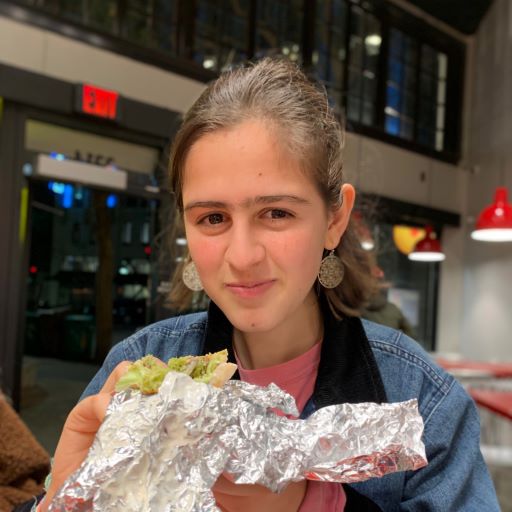
Hi there! I'm a third year EECS major. Currently, I'm working on research focused on data analysis of the electric grid, which combines signal processing, circuits, and machine learning -- all things you'll learn about in 16A this semester! In my free time, I enjoy knitting, cooking, and walking around Berkeley. I'm looking forward to getting to know you this semester!
Head/Dis
she/her/hers
dahliasaba@
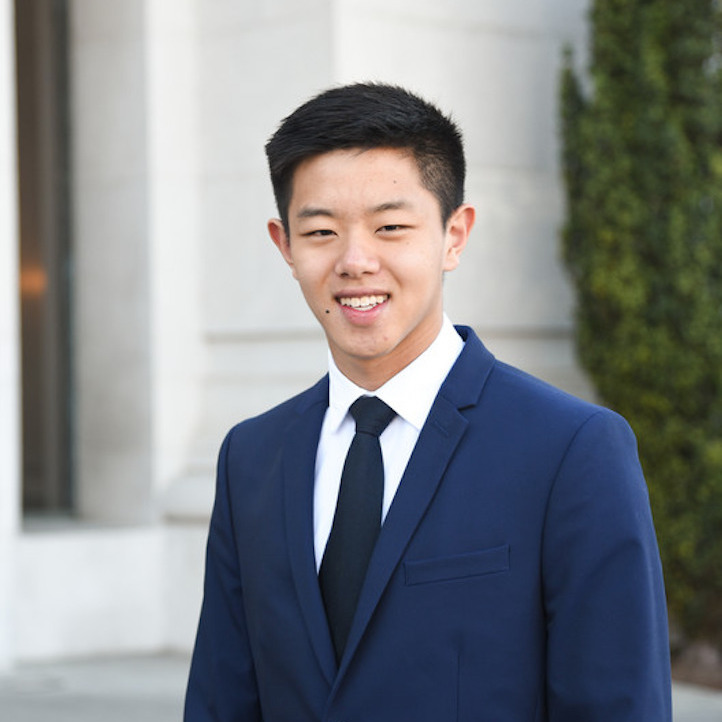
I'm a 4th year studying mechanical engineering and EECS. I do research in design theory and I am passionate about electric vehicles. Outside of school, I enjoy swimming, cooking, and video games.
Head/Dis
he/him/his
dixuncui@
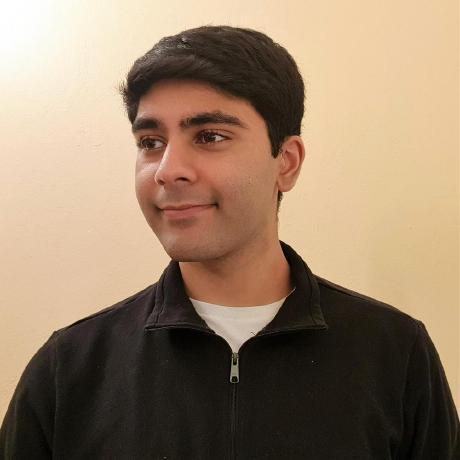
Hi, everyone! I'm a third year CS major and physics minor—my technical interests include computational linguistics, computational physics, and quantum computing. Outside the classroom, I love Latin literature, all things Tolkien, and ice hockey! I'm always happy to discuss my research, good reading material, sports, or anything else that's on your mind.
Head Lab
he/him/his
ayush.pancholy@
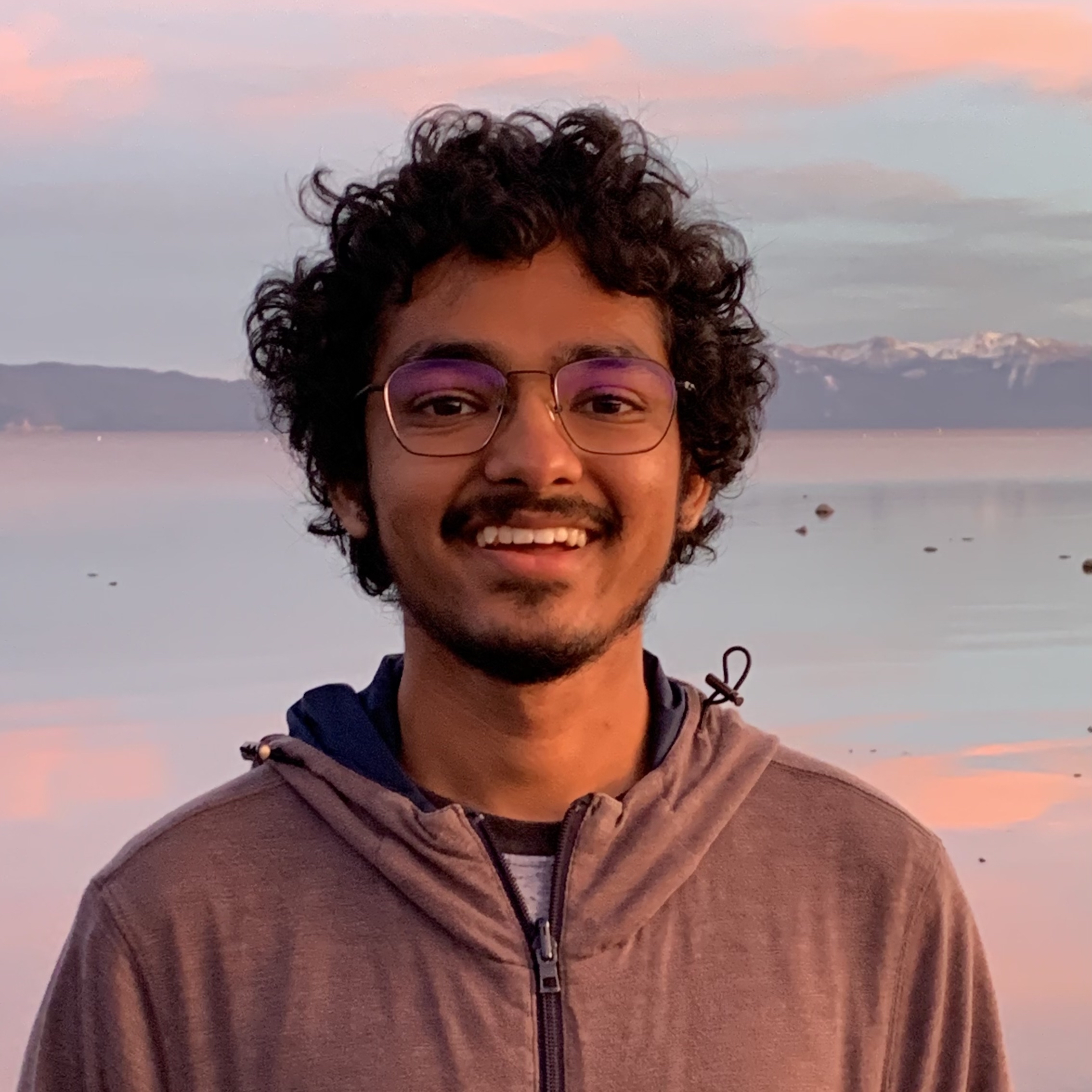
Hi! I'm Raghav, a junior in the EECS major. I am really interested in Computer Architecture, (so far :). 16A is one of the best classes I've taken at Berkeley because of the unique perspective it gives one on solving real world problems with the simplicity of linear algebra. I'm very passionate about aviation, technology, soccer and F1. I love traveling, hiking and endurance running and biking. Oh and I thoroughly enjoy talking to people, so feel free to hit me up!
Head Lab
he/him/his
raghavgupta@
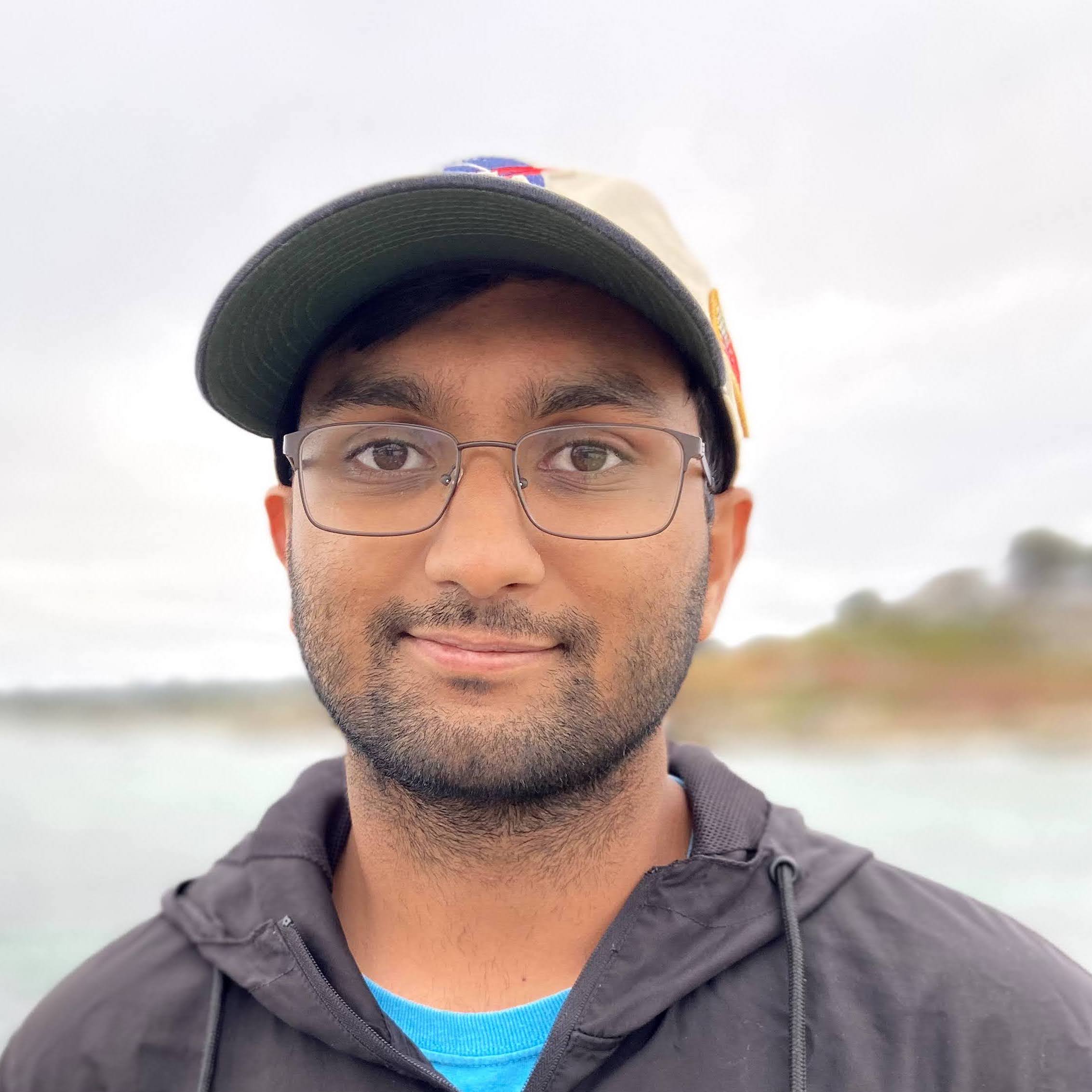
I'm a fourth year EECS major interested in embedded systems and aerospace. I like 16A because it provides a foundation in linear algebra and circuits with fun and interesting labs. Outside of school I enjoy playing tennis, video games, and hiking.
Lab
he/him/his
vidishgupta@
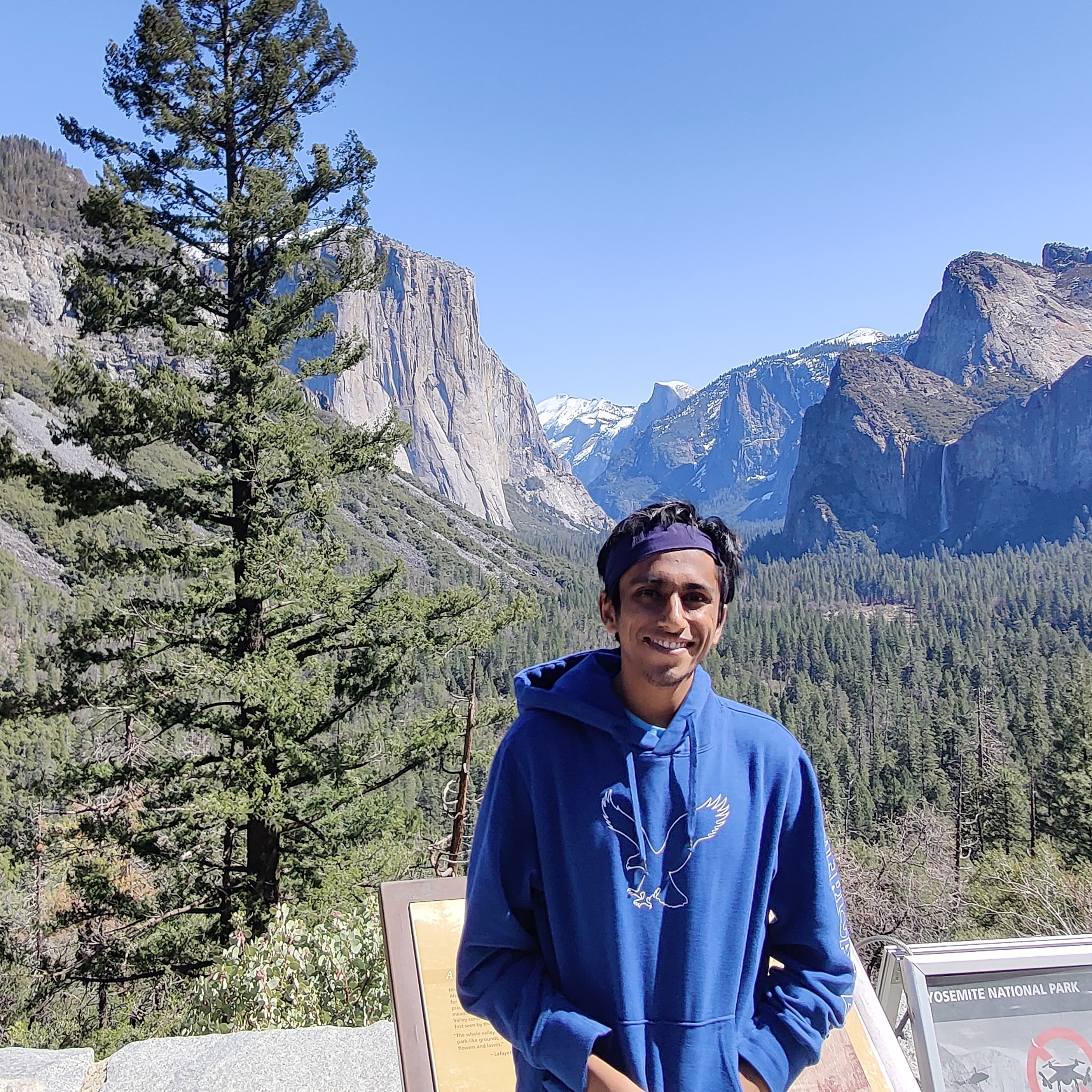
Hey, I'm Viraj! I'm a sophomore studying EECS and I'm looking forward to being your TA! I'm interested in designing circuits, software engineering, linear algebra, machine learning, and anything that involves maths and/or making stuff! I also like to play guitar, sing, and cook. PS: please direct all terrible eecs16a-related puns my way.
Dis
he/him/his
virajramakrishnan@
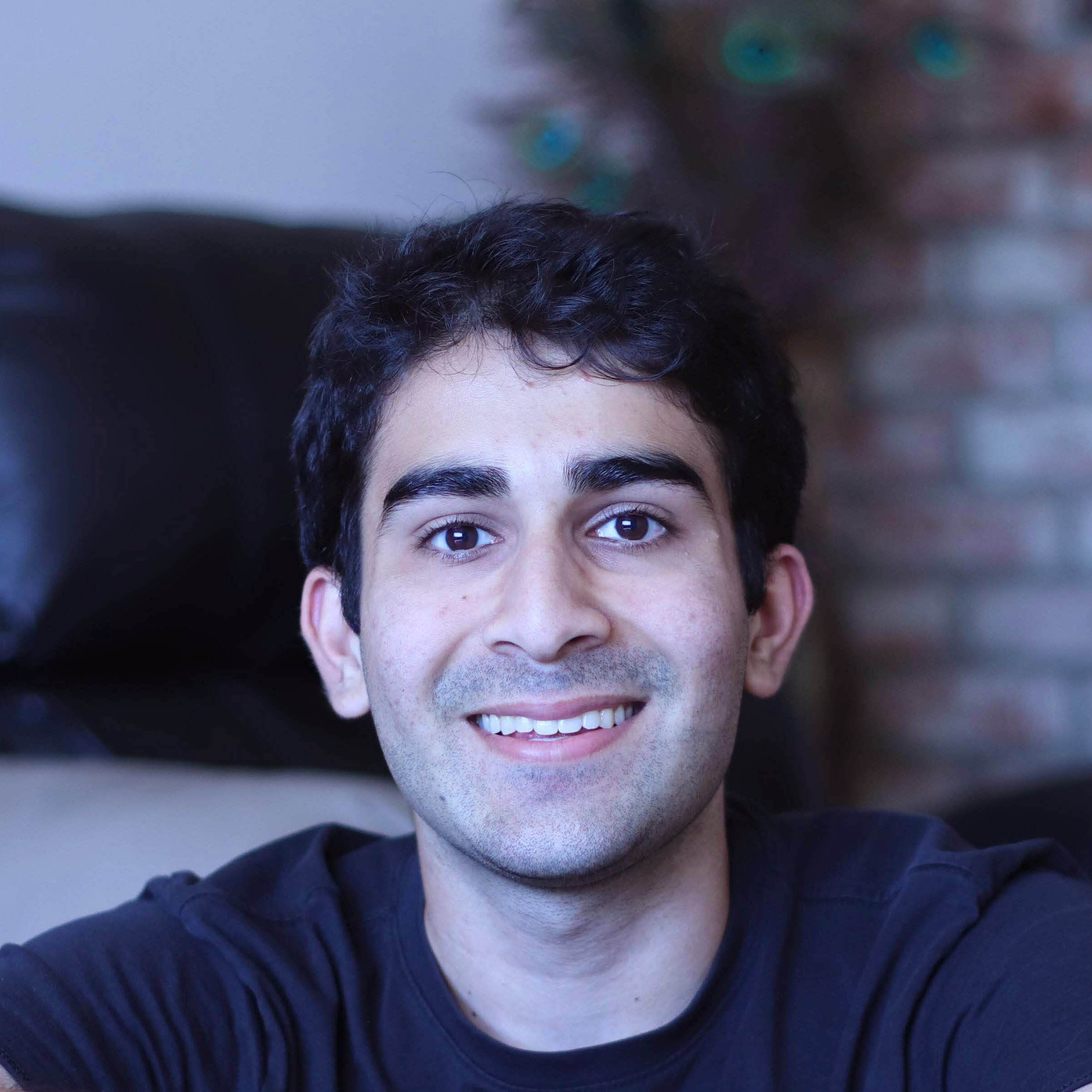
Hi! I'm a 4th year CS + Stats Major interested in all things Robotics and AI. In my free time, I enjoy playing squash, discussing politics, and ruining family photos. Super excited for this semester!
Dis/Software
he/him/his
mohsin.sarwari@
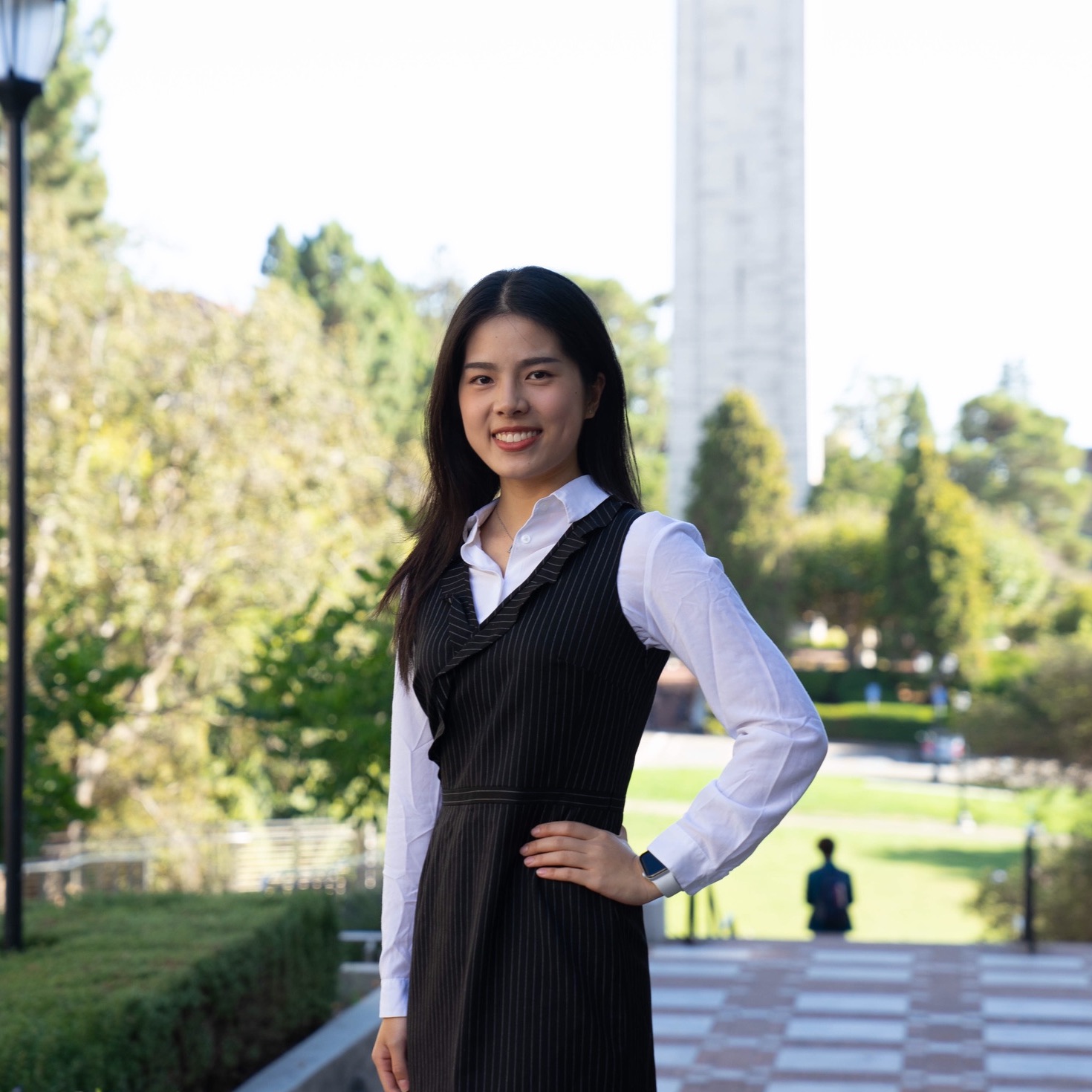
I'm a third-year EECS and BioE double major. I currently am targeting my study on Machine Learning and Computational Biology. My favorite part of 16A is its hands on nature. I have not been in a class that has lab as interesting as the EECS16 series. Outside of academics, I love to cook or learn about food. I also enjoy playing the piano and listening to classical music(love TwoSetViolin’s YouTube channel). Exercising can also bring me joy. Lastly, welcome to 16A and I hope you enjoy it!
Lab
she/her/hers
kittyguz@

Hi friends! I'm a third year EECS & Materials Science (MSE) Major, and I'm super excited to help teach 16A this semester! In my free time, I do computational MSE research, participate in various community organizations on campus, and listen to Bollywood music. 16A helped teach me the valuable skill of decomposing complex problems into understandable pieces. I can't wait to help contribute to your 16A experience!
Content
he/him/his
akhanwale@
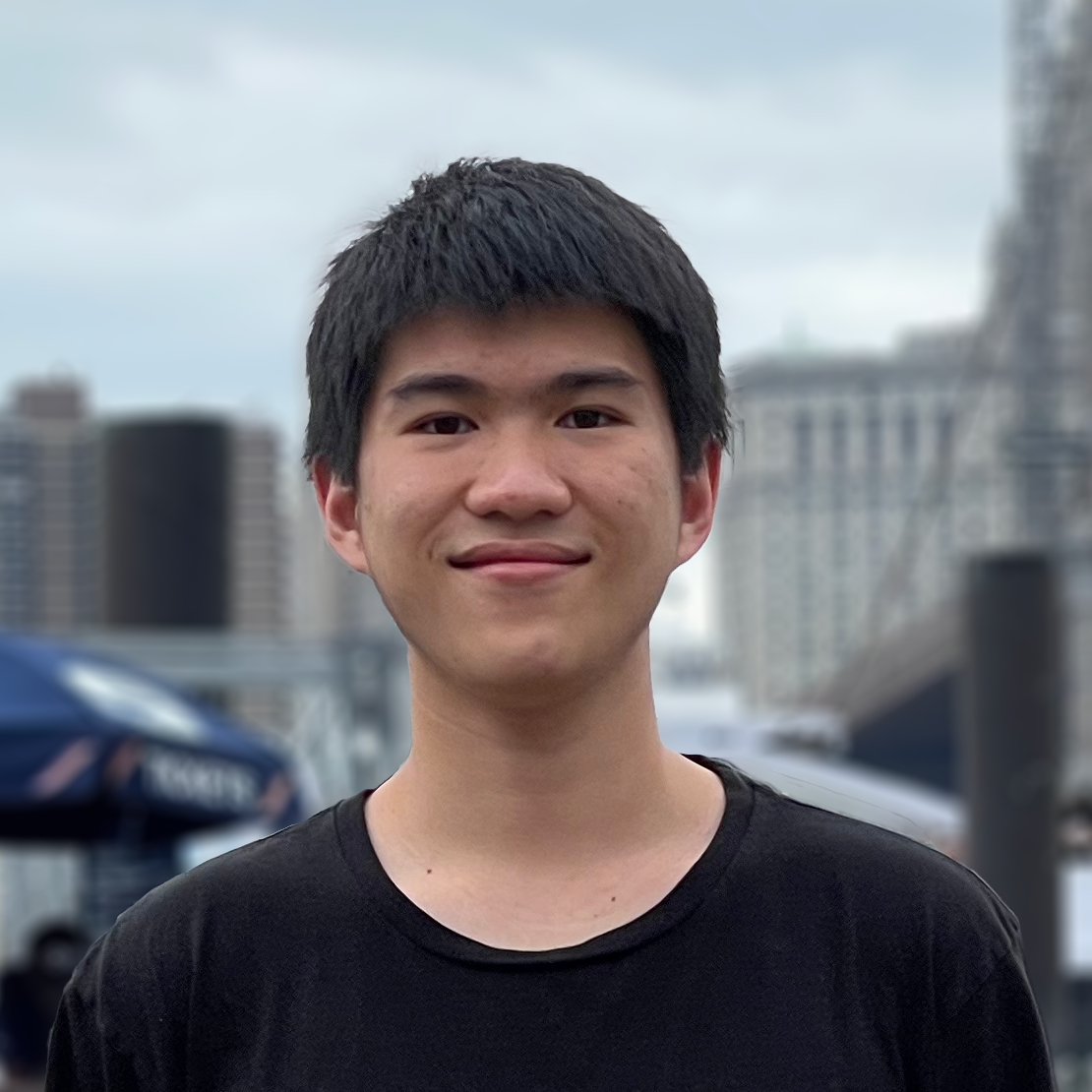
Hi! I’m studying computer science and business, with an interest in entrepreneurship. I enjoy building things (both hardware and software) that are only occasionally useful. In my free time I love listening to music, making (trash) music, and aimlessly walking around campus in search of good food.
Lab
he/him/his
jerrywzhang@
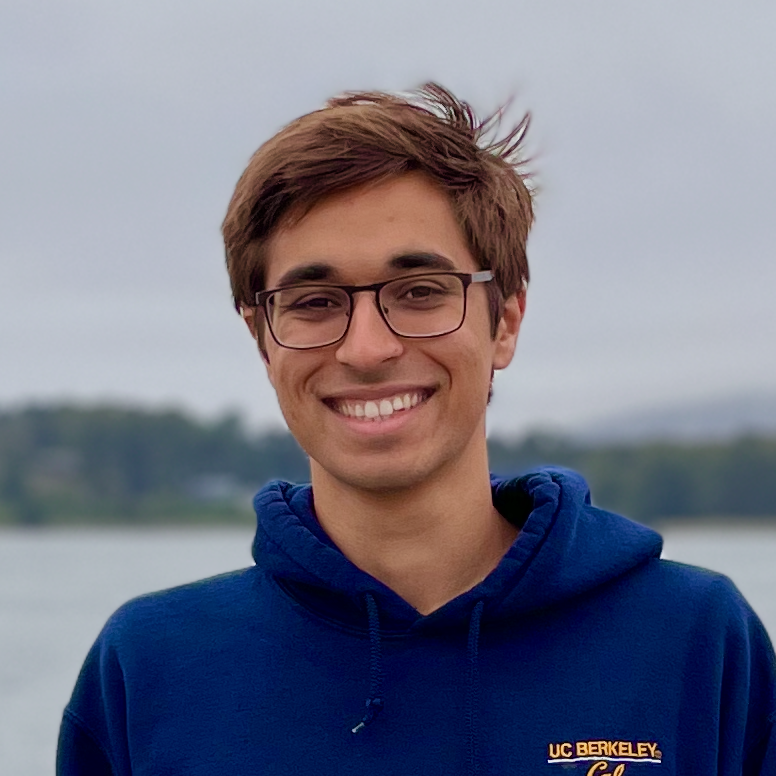
Hi everyone! I'm a third year EECS undergrad and discussion/software uGSI for 16A. This is my fourth semester as a uGSI for 16A. I'm excited to make sure the class runs smoothly for you all. On campus I participate in micro-robotics and computer vision research, and in my free time I enjoy running!
Dis/Software
he/him/his
austinpatel@
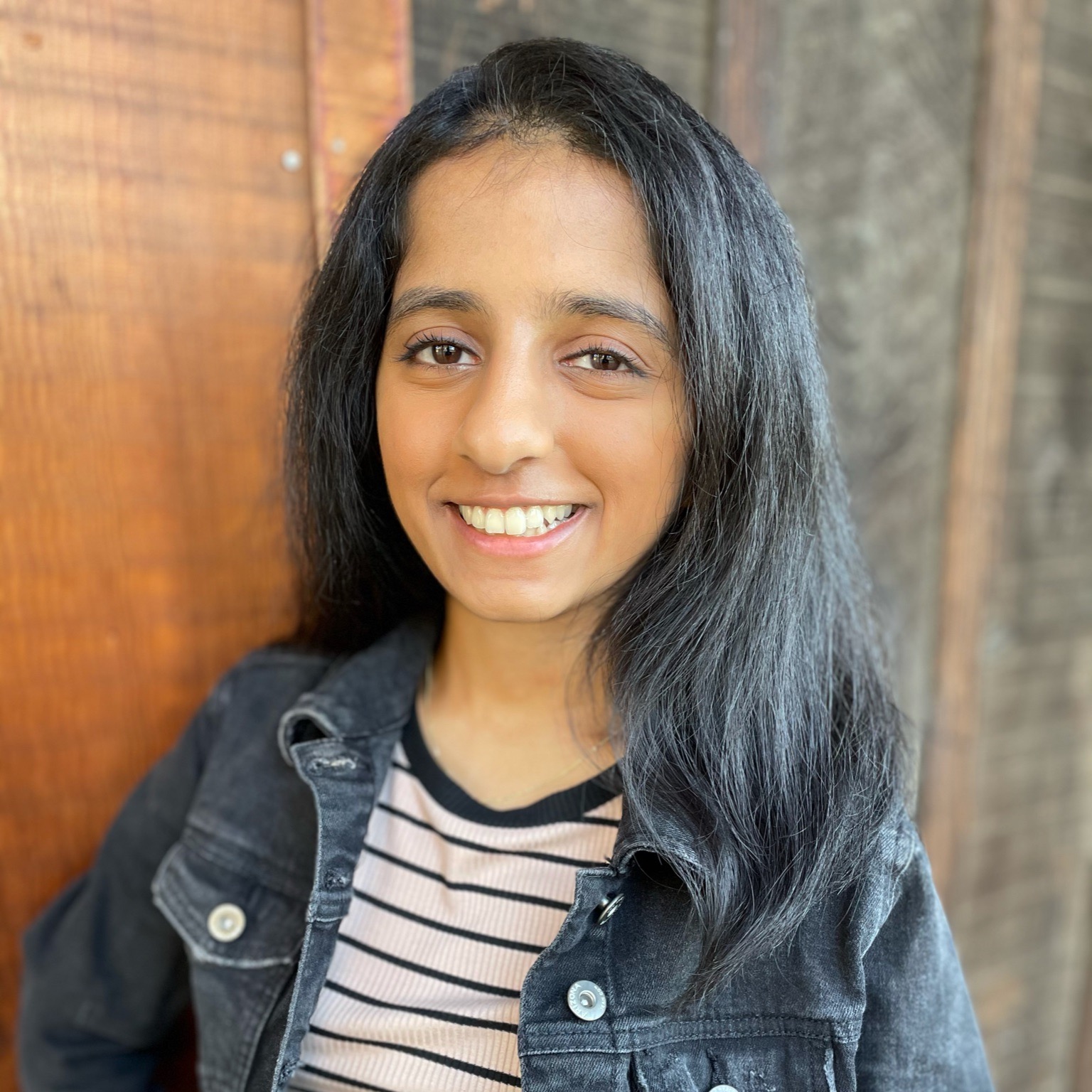
Hi everyone! I’m a third year EECS major from Sacramento, California, and I am interested in computer architecture and digital signal processing. In my free time, I enjoy listening to 2000s music, playing board games, and watching new TV shows. 16A is one of my favorite classes and I hope it is yours too. Feel free to reach out to chat with me - excited to meet you all and looking forward to a great semester!
Dis
she/her/hers
anushas18@
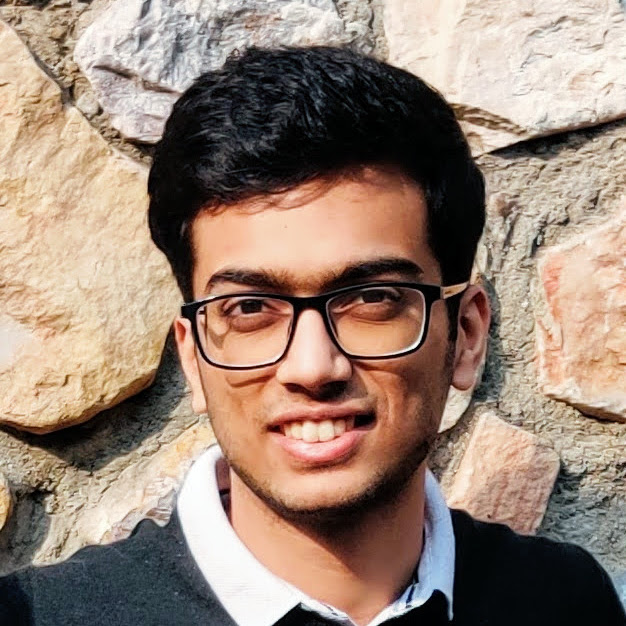
I'm a 3rd year EECS major (more EE than CS), my research interests include hyperspectral imaging and semiconductor device physics. This is my fourth semester on course staff and I hope to make this a great learning experience for you. Outside classes, I play and watch a lot of sports (table tennis, cricket, football, F1), am a total foodie, love watching movies, and hiking.
HW/Dis
he/him/his
yasho123@
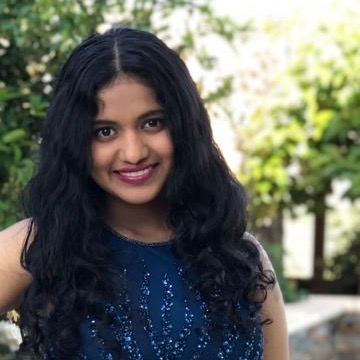
Hello! I’m Anvitha, a third-year student studying EECS with interests in artificial intelligence and computational neuroscience. In my free time, you can find me reading fiction, exploring new places, baking and sharing treats, making jewelry, or learning random skills. I love how linear algebra concepts and applications come together seamlessly in 16A, and I hope you will enjoy this class too! I look forward to meeting and working with you and hope you have a wonderful experience this semester!
Dis/Content
she/her/hers
anvitha@
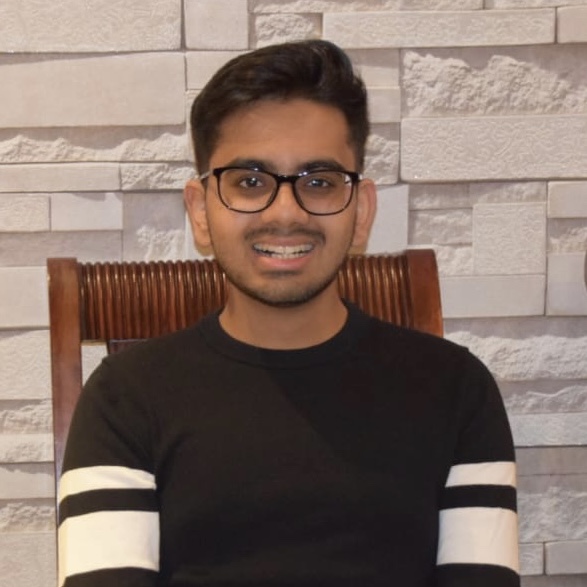
Hey everyone! I'm Shreyash, a junior EECS Major. I am from India but I was born and brought up in Abu Dhabi, UAE. My academic interests are Cloud/High Performance Computing, Control Systems and Autonomous Vehicles. Outside of academics, my interests lie mainly in sports and music. My top bands are Led Zeppelin, AC/DC and Guns N' Roses! My fav sports are soccer, cricket, combat sports and tennis!
Lab
he/him/his
shreyash2106@
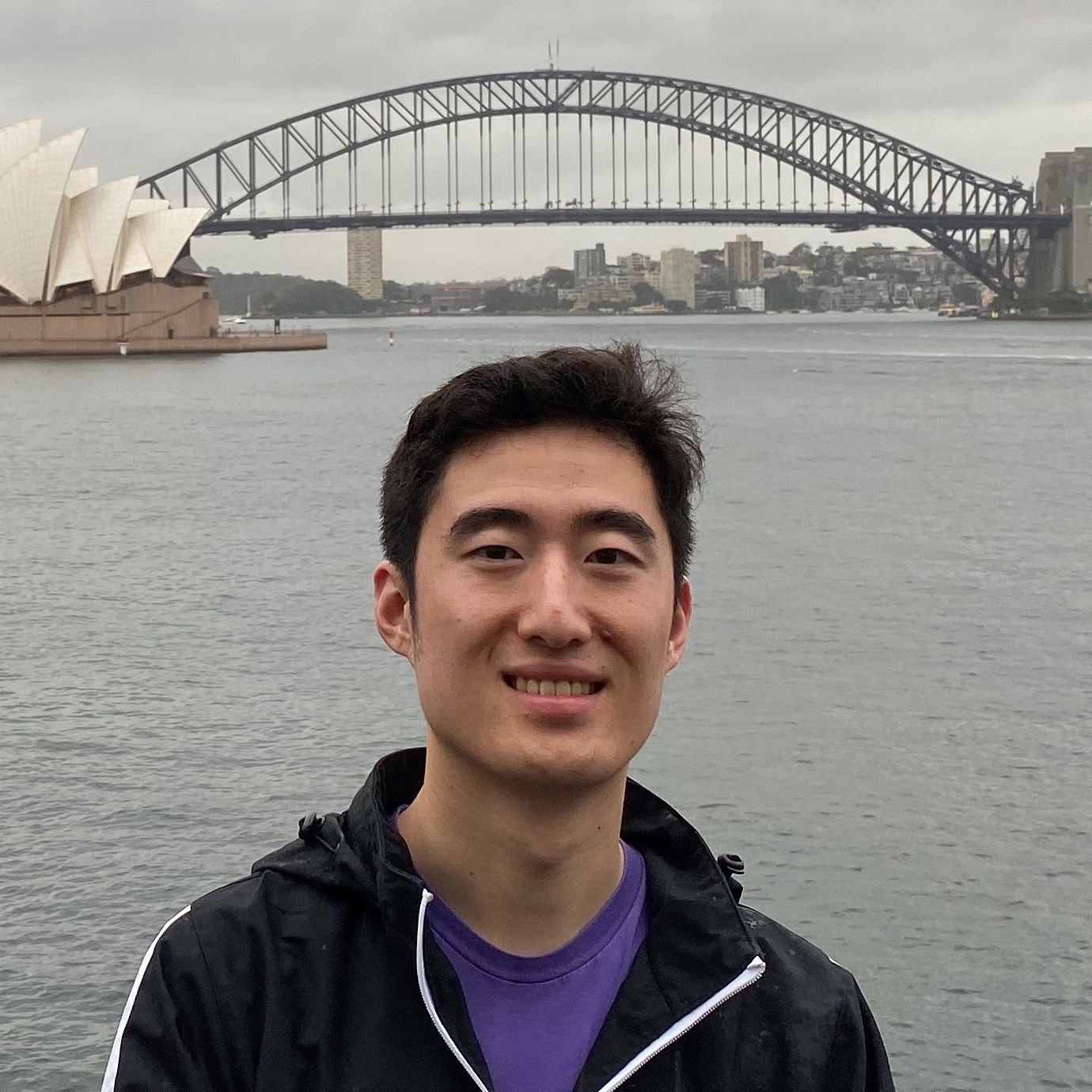
I am a PhD candidate in EECS working on implantable MEMS silicon neural probes for brain-machine interfaces. Outside of research, I enjoy backpacking/hiking, reading, and eating fried chicken.
Content
he/him/his
ochen@
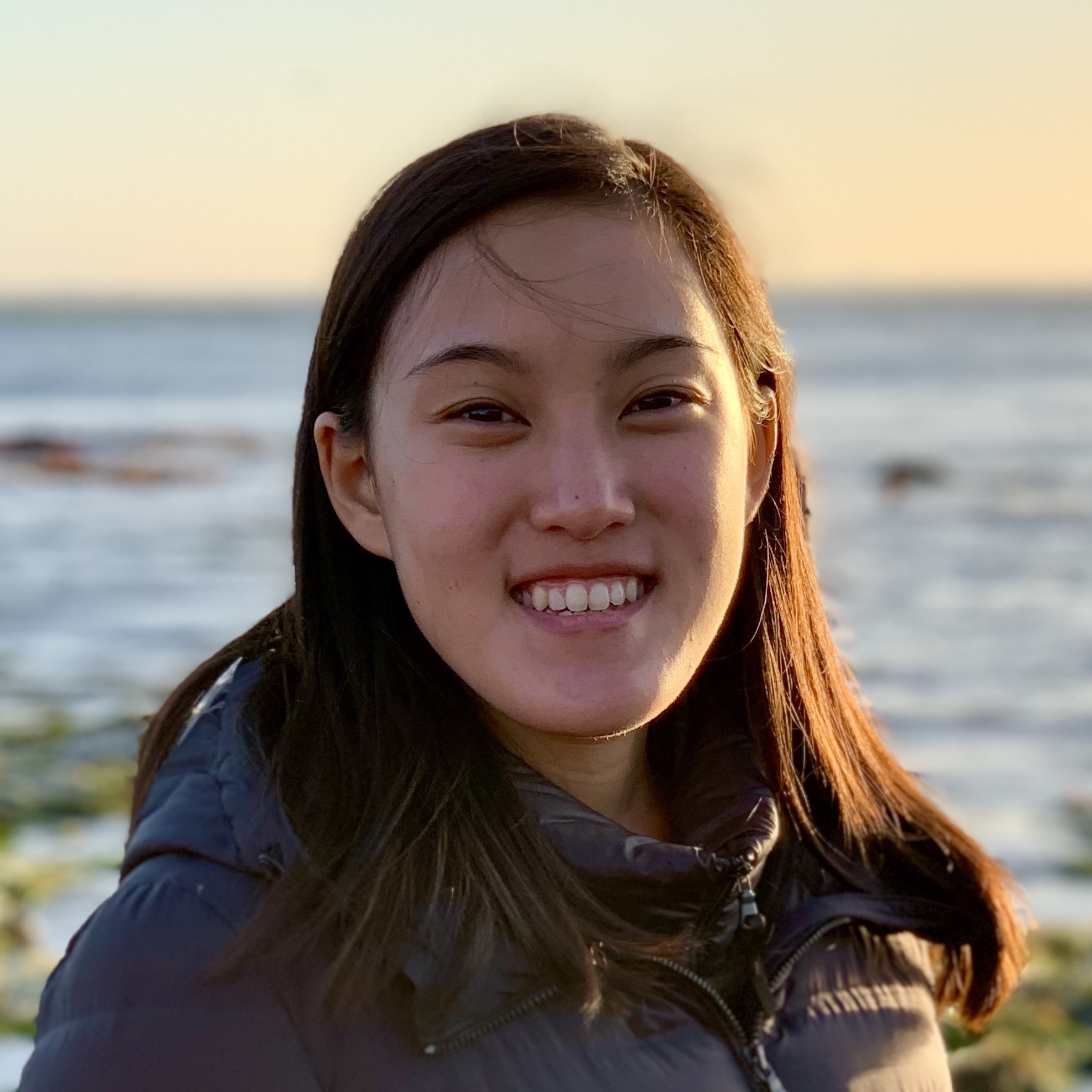
I'm a PhD student in EECS researching printed and flexible organic optoelectronic devices in the Arias lab. My hobbies include cooking, baking, and hiking.
Dis/Content
she/her/hers
jasminejan@
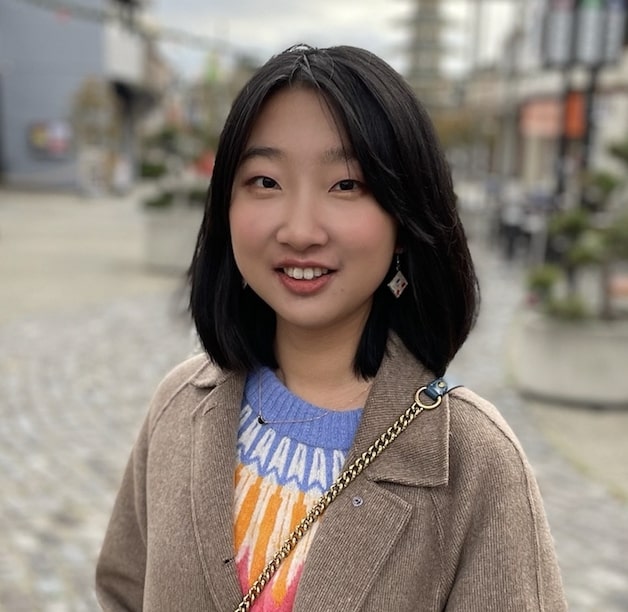
I am a 4th year PhD student in EECS. My research interest lies at the intersection of MRI, integrated circuit design and medical implants. My current research focuses on building a neural recording implant system which communicates via MRI. Outside of work, I am enthusiastic about running and making music.
Dis/Content
she/her/hers
rebekah_zhao@
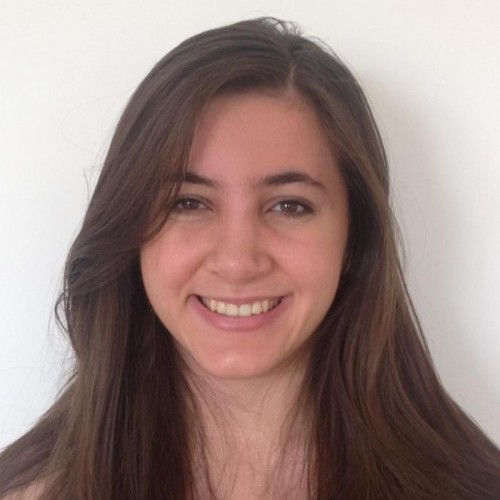
Hi! I'm a fourth year PhD student in EECS. My research focuses on developing new tools and techniques for magnetic resonance imaging. In my free time, I enjoy playing tennis, running and watching tv.
Dis/Content
she/her/hers
ekin_karasan@
About
EECS 16AB Course Coverage
EECS16AB was specially designed to ramp students up to prepare for courses in machine learning and design and are important classes to set the stage for the rest of your time in the department. A rough breakdown of the content in the classes is as follows:
16A:
Module 1: Introduction to systems and linear algebra
Module 2: Introduction to design and circuit analysis
Module 3: Introduction to machine learning
16B:
Module 1: Differential equations and advanced circuit design
Module 2: Introduction to robotics and control
Module 3: Introduction to unsupervised machine learning and classification
FAQ
Q1: Should I take EECS16A my first semester at Cal?
A1: If you have taken an AP calculus class, then the answer is yes! EECS16A has no prerequisites other than calculus and is designed with freshmen and incoming transfer students in mind. It is designed to be taken alongside 61A. Furthermore, we reserve seats for freshmen and incoming transfer students in the class, so you are essentially guaranteed a spot in the class your first year. It will be harder to get into the class as an upperclassman.
Q2: Should I take EECS 16A and EECS 16B before or after CS 70?
A2: EECS16A and 16B were specifically designed to help ease the transition to CS70 for incoming students. These classes provide an introduction to proofs and the kind of mathematical thinking that is very useful in a class like CS70. We recommend you take 16AB before taking CS70, this should help you have an easier time in CS 70.
Q3: Should I take MATH 54 before taking EECS16A?
A3: EECS 16A is designed to be taken without any prerequisites, so there is no need to take MATH 54 before EECS 16A. EECS 16AB teaches linear algebra with the intent of preparing you for courses like EECS 127 (Optimization) and EECS 189 (Machine Learning) and provides engineering and machine learning examples and applications for linear algebra. EECS 16AB also uses Jupyter notebooks and python so you can better connect linear algebra and computation.
Feedback
If you have suggestions for this website or see problems, feel free to let the software TAs know here.